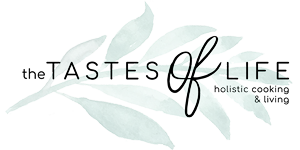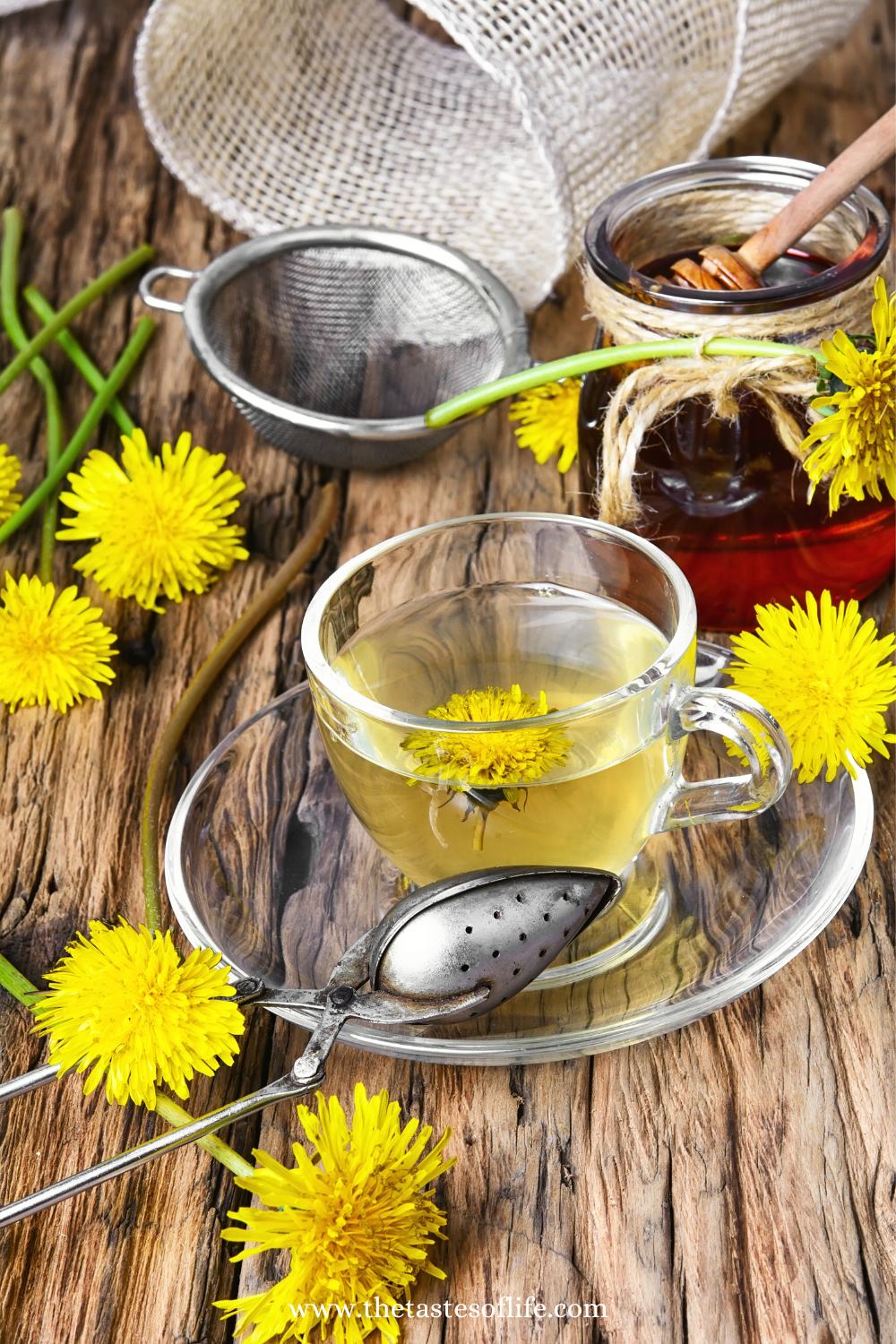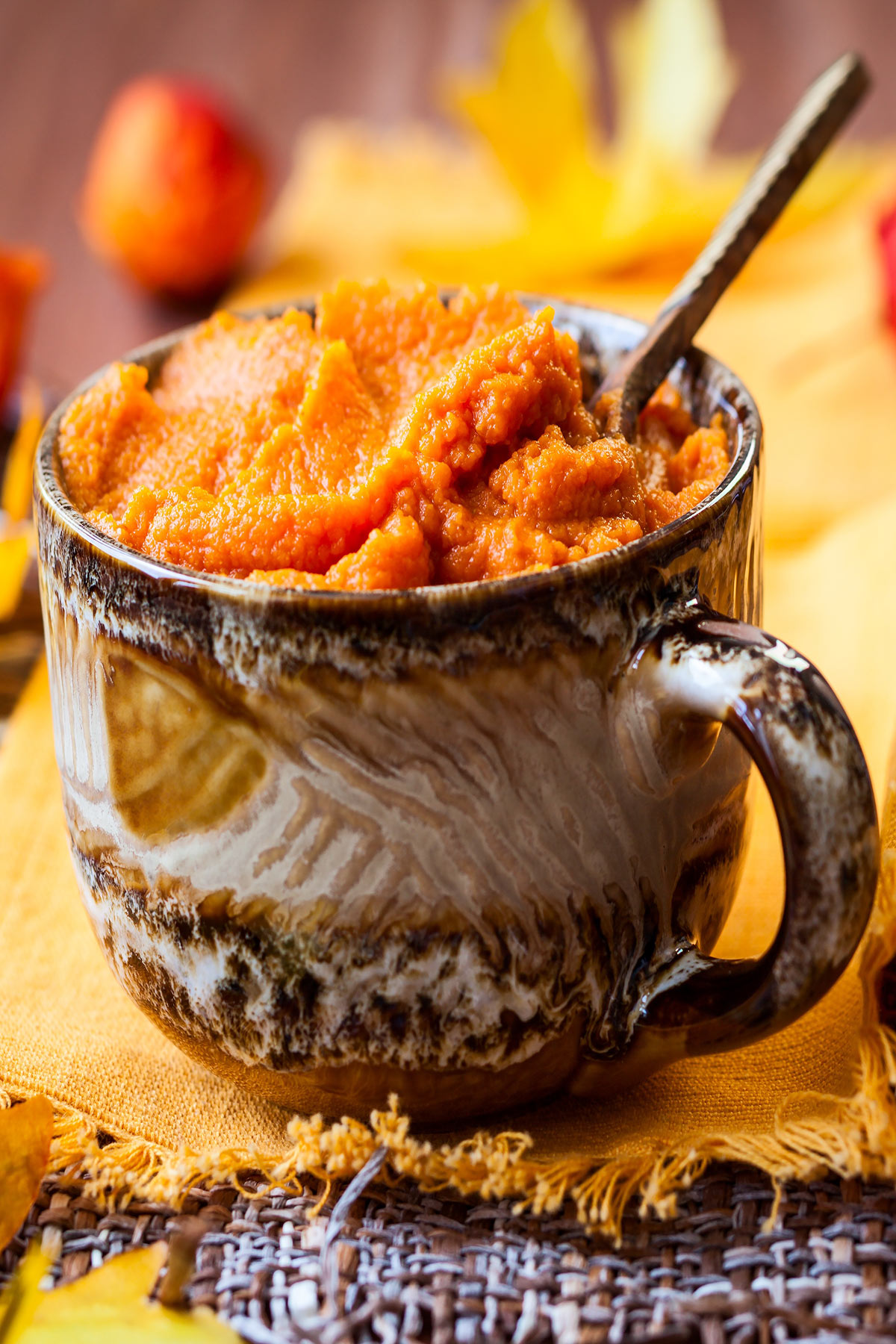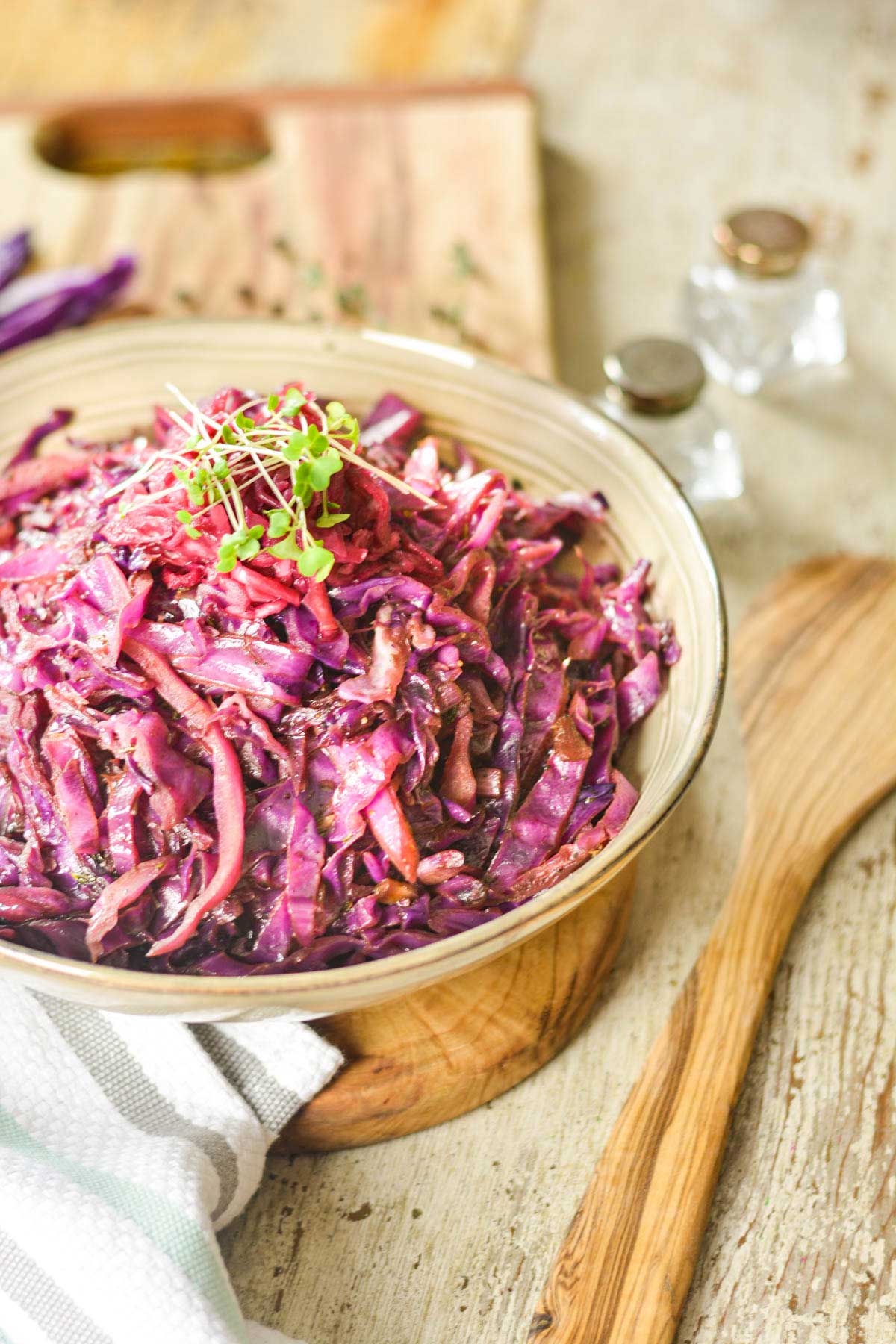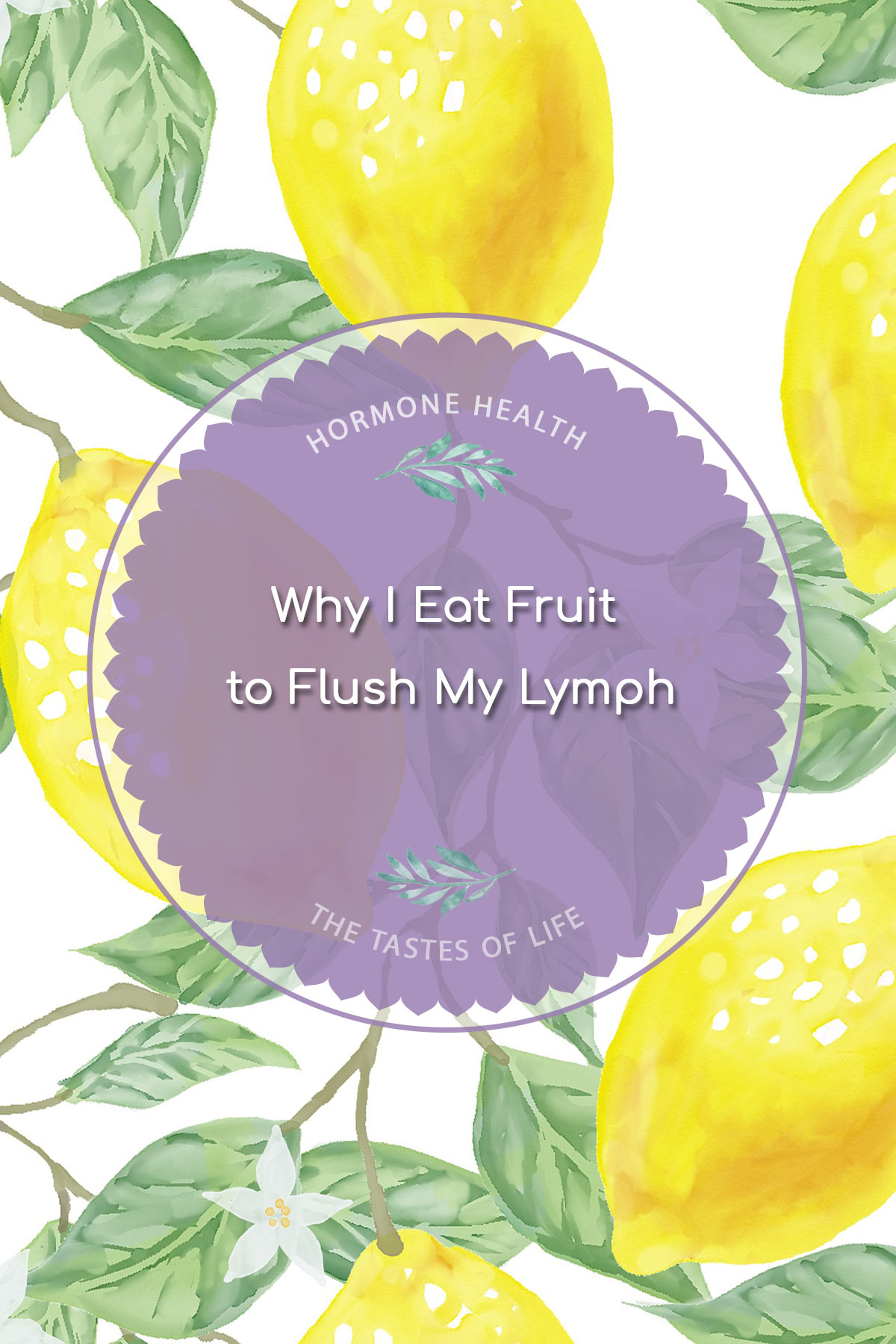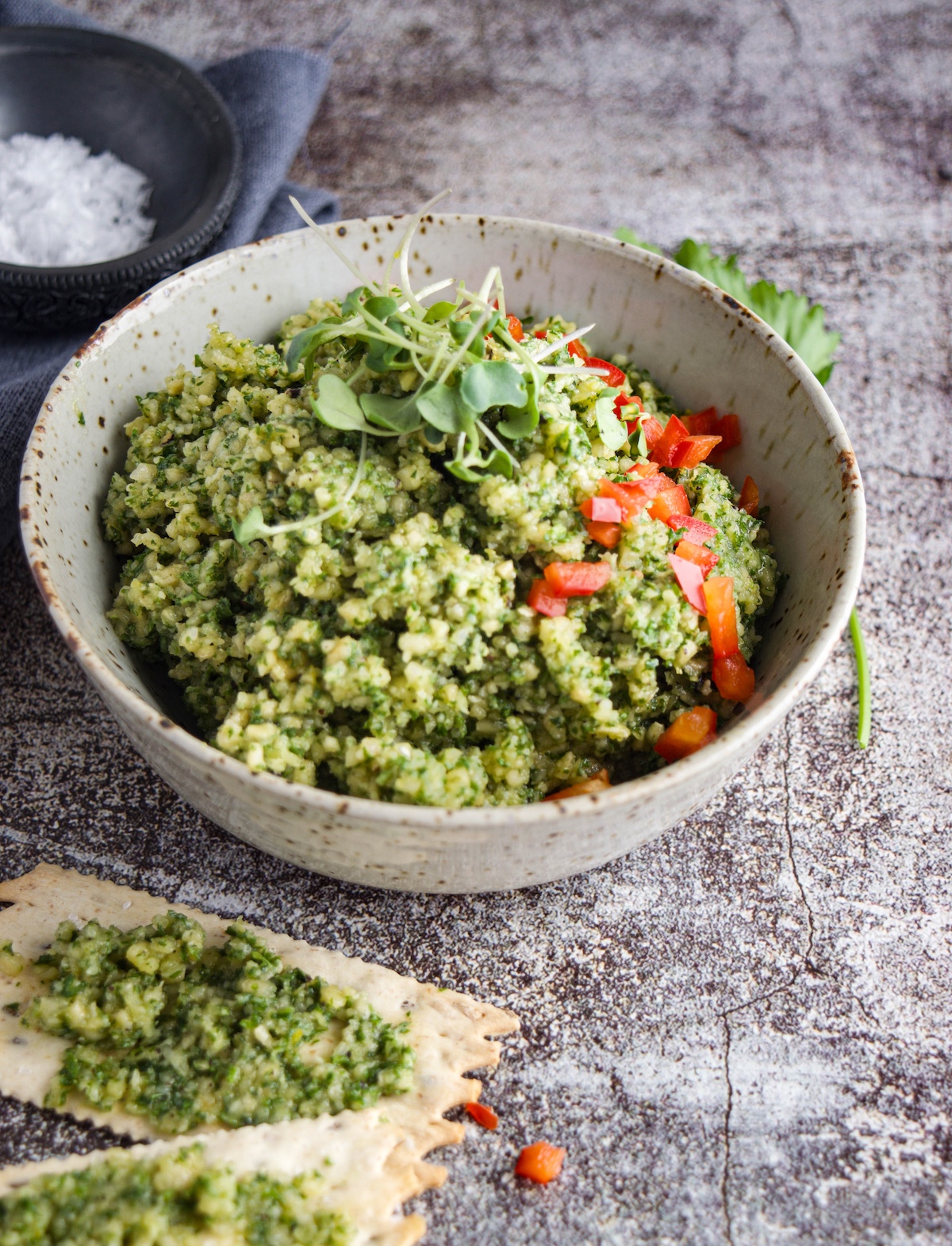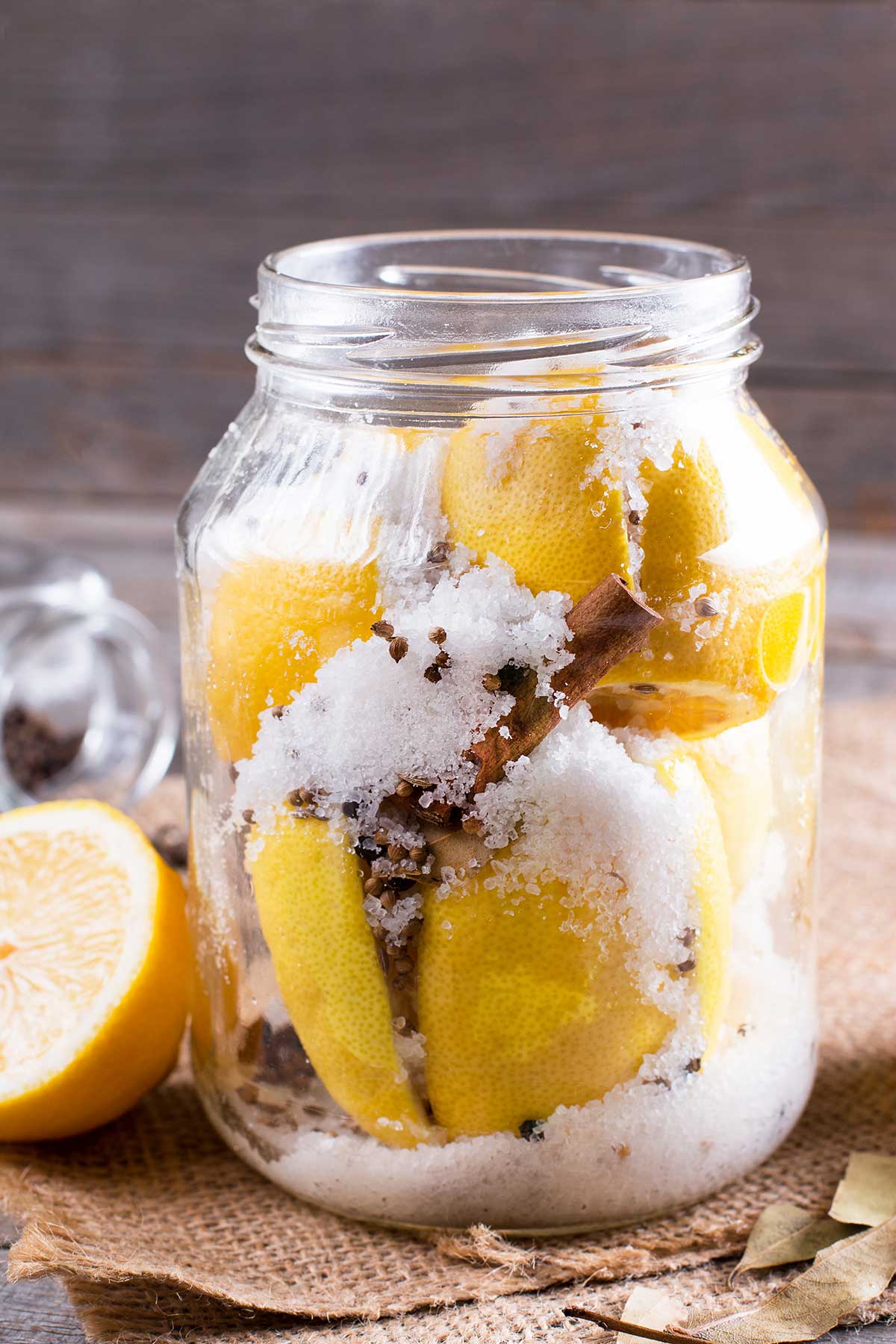Why Chia Seeds Is Great For Hormonal Balance
Discover the hormone-balancing benefits of chia seeds! Learn how these tiny superfoods packed with omega-3s, fiber, and antioxidants can support optimal health naturally.

Chia Seeds for Hormonal Balance
Learn about chia seeds and why they are great for hormonal balance.
Chia is a small seed native to Southern America and grows mainly around the equator. Chia has been cultivated for centuries by people who live there, by Aztecs and pre-Columbian cultures. Chia seeds are derived from the Salvia hispanica plant.
Despite their small size, chia seeds are packed with nutrition and are full of an impressive array of vitamins, minerals, antioxidants, and omega-3 fatty acids.
- It is packed with omega-3′ (8 times more than salmon) and is the richest omega food on the planet.
- It is high in protein.
- Has six times more calcium than milk, 15 times more magnesium than broccoli, more potassium than bananas, three times more iron than spinach, and four times more selenium than flax seed.
- Chia is loaded with antioxidants, phytonutrients, and fiber (5 grams in 70 calories) and is easy to digest, especially when soaked.
- It is gluten–free, trans-fat-free, and sugar-free.
- Aids with weight loss.
- It can reduce food cravings.
- Help eliminate toxins from the body.
- It has anti-inflammatory properties.

Can Chia Seeds Help with Hormonal Imbalance?
Chia seeds are great for hormonal balance. Hormones act as messengers in the body, regulating various physiological processes such as metabolism, reproduction, mood, and growth. When these hormones are out of balance, it can lead to a host of health issues, including weight gain, mood swings, fatigue, and reproductive disorders.
Rich in Omega-3 Fatty Acids
Omega-3 fatty acids are essential fats crucial in hormone production and regulation. While fatty fish is often lauded as a prime source of omega-3s, chia seeds offer a plant-based alternative for those following vegetarian or vegan diets. These omega-3s help reduce inflammation, which is key for hormone balance, as inflammation can disrupt hormone signaling.
High Fiber Content
Chia seeds are loaded with fiber, with a single ounce providing a significant portion of your daily recommended intake. Dietary fiber plays a pivotal role in hormone balance by aiding in digestion and promoting gut health. A healthy gut microbiome is essential for metabolizing hormones and preventing imbalances.
Phytoestrogens: Chia seeds contain phytoestrogens, plant compounds that have a mild estrogenic effect on the body. While estrogenic activity seems counterintuitive for hormonal balance, phytoestrogens can help modulate estrogen levels by binding to estrogen receptors. This can be particularly helpful in cases of estrogen dominance.
Antioxidant Power
Antioxidants are compounds that help combat oxidative stress and reduce inflammation in the body. Chia seeds contain a wealth of antioxidants, including flavonoids, phenolic compounds, and vitamin E. By neutralizing free radicals, these antioxidants protect cells from damage and support overall hormonal health.
Regulating Blood Sugar Levels
Maintaining stable blood sugar levels is crucial for hormone balance, particularly insulin, which regulates glucose metabolism. Chia seeds have been shown to slow down the conversion of carbohydrates into sugar, gradually releasing glucose into the bloodstream. This helps prevent spikes and crashes in blood sugar levels, promoting hormonal equilibrium.
Chia Seeds and Estrogen Dominance
Chia seeds are often considered beneficial for hormone balance, including estrogen levels. Estrogen dominance occurs when there is an imbalance between estrogen and progesterone, with estrogen levels being relatively high compared to progesterone. This imbalance can lead to various symptoms, such as irregular menstrual cycles, mood swings, weight gain, and more.
While chia seeds contain lignans, a type of phytoestrogen that can mimic the action of estrogen in the body, they are not considered to contribute to estrogen dominance. In fact, the lignans found in chia seeds have been suggested to have a modulating effect on estrogen levels, potentially helping to balance hormone levels rather than exacerbate estrogen dominance.

Here’s How Chia Seeds May Help with Estrogen Balance
- Lignans: Chia seeds contain high levels of lignans, compounds in plants. Lignans have been shown to have both estrogenic and anti-estrogenic effects in the body, meaning they can either mimic or block the effects of estrogen. This dual action of lignans helps regulate estrogen levels and promote hormone balance.
- Fiber: Chia seeds are an excellent source of fiber, which plays a crucial role in hormone metabolism and excretion. Adequate fiber intake helps the body eliminate excess estrogen through the digestive system, preventing it from reabsorbing into the bloodstream and contributing to estrogen dominance.
- Omega-3 Fatty Acids: Chia seeds are rich in omega-3 fatty acids with anti-inflammatory properties. Chronic inflammation in the body can disrupt hormone balance, including estrogen levels. By reducing inflammation, omega-3 fatty acids can support overall hormone health.
Does Chia Seed Help Remove Excess Estrogen from The Body?
Chia seeds contain lignans, which are a type of phytoestrogen. Phytoestrogens are plant compounds that have a structure similar to estrogen and can mimic or modulate the effects of estrogen in the body. While the research on the specific effects of chia seeds on estrogen levels and metabolism is still evolving, there is some evidence to suggest that lignans may help with estrogen balance.
Lignans have been shown to have weak estrogenic effects, meaning they can bind to estrogen receptors and exert mild estrogen-like activity. However, they can also act as anti-estrogens by blocking the more potent effects of endogenous estrogen or environmental estrogens, potentially helping to regulate overall estrogen activity in the body.
Chia seeds may contribute to estrogen balance through their high fiber content. Dietary fiber helps promote regular bowel movements and aids in the elimination of waste products, including excess hormones like estrogen, from the body. By supporting healthy digestion and elimination, chia seeds may indirectly help remove excess estrogen from the body.
Furthermore, the anti-inflammatory properties of chia seeds, particularly their omega-3 fatty acid content, may also play a role in supporting hormone balance. Chronic inflammation has been linked to hormone imbalances, and reducing inflammation through dietary means may help promote overall hormonal health.
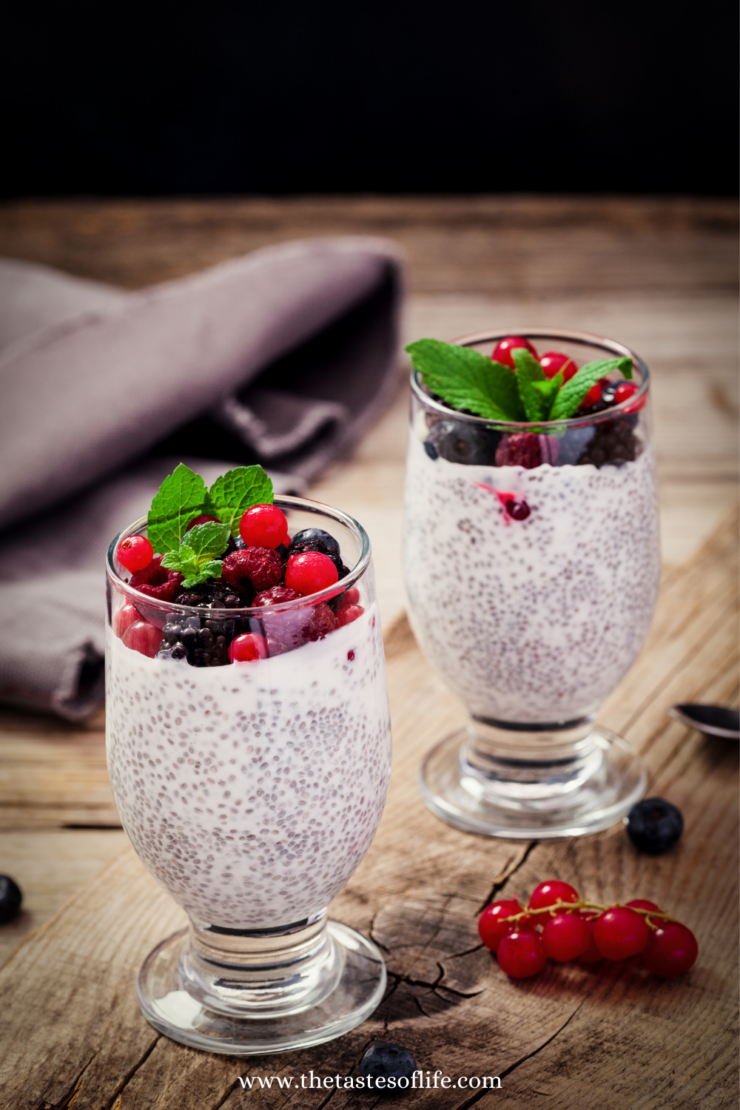
Chia Seeds and Estrobolom
Estrobolome is the collection of gut bacteria involved in estrogen metabolism. These bacteria help break down estrogen in the digestive system, which can impact overall estrogen levels. While the research on the specific role of chia seeds in modulating the estrobolome is limited, chia seeds can indirectly support gut health, which may influence the estrobolome.
Chia seeds are high in dietary fiber, which serves as a prebiotic for beneficial gut bacteria. By promoting the growth of these bacteria, chia seeds may contribute to a healthy gut microbiome, including the estrobolome. A balanced and diverse gut microbiome is essential for efficient estrogen metabolism and excretion, helping to maintain optimal estrogen levels in the body.
The omega-3 fatty acids in chia seeds have anti-inflammatory properties that may support gut health. Chronic inflammation in the gut can disrupt the balance of gut bacteria, including those involved in estrogen metabolism. Chia seeds are great for hormonal balance and may help promote a favorable environment for the estrobolome to function optimally by reducing inflammation.
Is Chia Seeds Consider a Healthy Fat?
Yes, chia seeds are considered a healthy source of fat. They contain predominantly polyunsaturated fats, particularly omega-3 fatty acids, essential for overall health.
Omega-3 fatty acids, including alpha-linolenic acid (ALA), play crucial roles in supporting heart health and brain function and reducing inflammation in the body. Chia seeds are one of the richest plant-based sources of ALA, making them an excellent addition to a balanced diet, especially for individuals following vegetarian or vegan lifestyles.
In addition to omega-3 fatty acids, chia seeds contain omega-6 fatty acids, albeit in smaller quantities. Omega-6 fatty acids are also essential for health, but it’s important to maintain a proper balance between omega-3 and omega-6 fatty acids in the diet. Consuming too much omega-6 relative to omega-3 can contribute to inflammation, so it’s recommended to prioritize sources of omega-3s like chia seeds.
Chia Seeds Taste
Chia seeds have a mild, nutty flavor with a slightly crunchy texture when consumed dry. When soaked in liquid, such as water or milk, chia seeds develop a gel-like consistency, and their flavor becomes more neutral, allowing them to take on the taste of the liquid they are mixed with. They do not have a strong flavor, making them versatile for use in various dishes and recipes.
Some people describe the taste of chia seeds as similar to poppy or sesame seeds, albeit milder. The flavor is subtle and not overpowering, making chia seeds suitable for sweet and savory dishes. Additionally, chia seeds can easily be incorporated into recipes without significantly altering the overall taste, making them a convenient and nutritious addition to many dishes.

How to Eat Chia Seeds
Adding chia seeds to your diet is simple and versatile. Incorporating chia seeds into your diet is easy and versatile. Here are some simple ways to enjoy them:
- Chia Pudding: Mix chia seeds with your favorite plant-based milk (such as almond milk or coconut milk) and sweeten with honey or maple syrup. Let it sit in the refrigerator overnight to thicken into a delicious pudding-like consistency. Add toppings like fresh fruit, nuts, or granola for extra flavor and texture.
- Smoothies: Blend chia seeds into your favorite smoothie for a nutritional boost. They’ll thicken the smoothie slightly and add fiber and omega-3 fatty acids.
- Oatmeal or Cereal Topping: Sprinkle chia seeds over your morning bowl of oatmeal or cereal for added crunch and nutrition. They’ll add a subtle nutty flavor while boosting your breakfast’s fiber and protein content.
- Yogurt Parfait: Layer chia seeds with yogurt and fruit to create a nutritious and satisfying parfait. This makes for a quick and easy breakfast or snack option.
- Baked Goods: Add chia seeds to homemade muffins, bread, or energy bars for an extra nutritional punch. They’ll add texture and help bind the ingredients together.
- Salad Topping: Sprinkle chia seeds over salads or grain bowls for added crunch and nutrition. They pair well with leafy greens, vegetables, and your favorite dressing.
- Chia Water: Mix chia seeds with water and a splash of lemon or lime juice for a refreshing and hydrating beverage. Let it sit for a few minutes to allow the seeds to swell and gel, then enjoy.
Remember to start with small servings of chia seeds, especially if you’re not used to consuming them regularly, and gradually increase as tolerated. Additionally, drink plenty of water throughout the day, as chia seeds absorb water and help keep you hydrated.
Cautionary Notes
We just discovered that chia seeds are great for hormonal balance. While chia seeds offer numerous health benefits, consuming them in moderation is essential, especially if you have a history of digestive issues. The high fiber content may cause gastrointestinal discomfort in some individuals, so start with small servings and gradually increase intake as tolerated. Additionally, drink plenty of water when consuming chia seeds to aid digestion and prevent constipation.
More Hormonal Balancing Recipies
References:
https://pubmed.ncbi.nlm.nih.gov/36655089/
https://pubmed.ncbi.nlm.nih.gov/28646829/
Yum